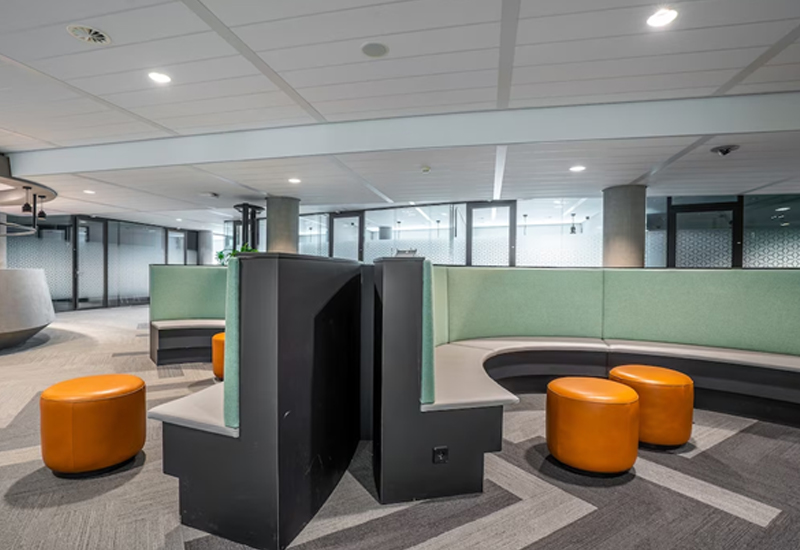The Range of Rentable Office Space Options for Startups and Freelancers

Rentable office spaces have become an increasingly popular choice for businesses of all sizes due to their flexibility, affordability, and simplicity. These spaces allow businesses to expand their operations without worrying about long-term commitments or expensive overhead costs. In this article, we will discuss the advantages of rentable office spaces, different types of rentable office spaces, location considerations, and how to choose the right rentable office space for your business.
Advantages of Rentable Office Spaces
Rentable office spaces offer several advantages that make them attractive to businesses of all sizes. One of the biggest advantages of rentable office spaces is the flexibility they provide. Businesses can choose from a variety of rental lengths, ranging from short-term to long-term agreements, allowing them to adjust their occupancy needs as their business grows or shrinks. This also allows businesses to experiment with different locations without committing long-term resources or making significant investments in infrastructure and furniture. Office space Causeway Bay is a highly sought-after location for businesses seeking a prestigious address in one of Hong Kong’s most vibrant commercial districts.
Renting office space can be much cheaper than buying or leasing one outright. Many rentable office spaces come fully furnished and equipped with necessary amenities such as Internet access, copiers and printers, conference rooms, etc., further reducing overhead costs for businesses on a budget. Additionally, many rental companies offer flexible payment plans that allow businesses to pay only for what they need when they need it.
Renting an office space can be much simpler than owning or leasing one outright because there are no complicated legal contracts involved in the process. Furthermore, most rental companies offer all-inclusive packages that include utilities, cleaning services, maintenance, and other
amenities.
Different Types of Rentable Office Spaces
Renting office space is a great option for businesses of all sizes, but there are many different types and sizes of rental offices that can accommodate any need. Here’s a look at some of the different types of rentable office spaces available:

Traditional Office Space: The most common type, traditional office space offers single or multiple rooms equipped with desks, chairs, filing cabinets and other furniture. These offices usually come with basic amenities such as electricity, water, and internet access. They are ideal for startups or small business owners who don’t require specialized features or a large footprint.
Virtual Offices: Virtual offices offer an economical alternative to traditional office space by providing all the necessary equipment without needing to rent actual physical space. This type of arrangement includes phone services, mailboxes and access to the administrative support staff that may be provided remotely if needed. Virtual offices can provide businesses with the professional image they need without needing to invest in their premises or hire staff members.
Serviced Offices: Serviced offices provide companies with everything they need for day-to-day operations; from furniture and equipment to appliances like printers and copiers as well as more advanced technology such as VoIP systems if required. In addition to these services typically being included in the rent, serviced offices usually offer a wide range of other amenities such as a receptionist, meeting rooms, catering services, and administrative support.
Location Considerations for Rentable Office Spaces
When selecting an office space for rent, it is important to consider the location of the space to ensure that it meets all of your needs. Here are some key considerations when evaluating potential office spaces:
Proximity to Clients & Customers: You’ll want to be sure that your office is close enough to your customers and clients so that they have easy access. Being located near existing customers or potential prospects will make it easier for them to visit you or attend meetings at your office.
Accessibility: You’ll also want to look at how accessible the location is from major transportation routes such as highways or public transit systems. Your employees should be able to get in and out easily, with minimal travel time and cost involved.






